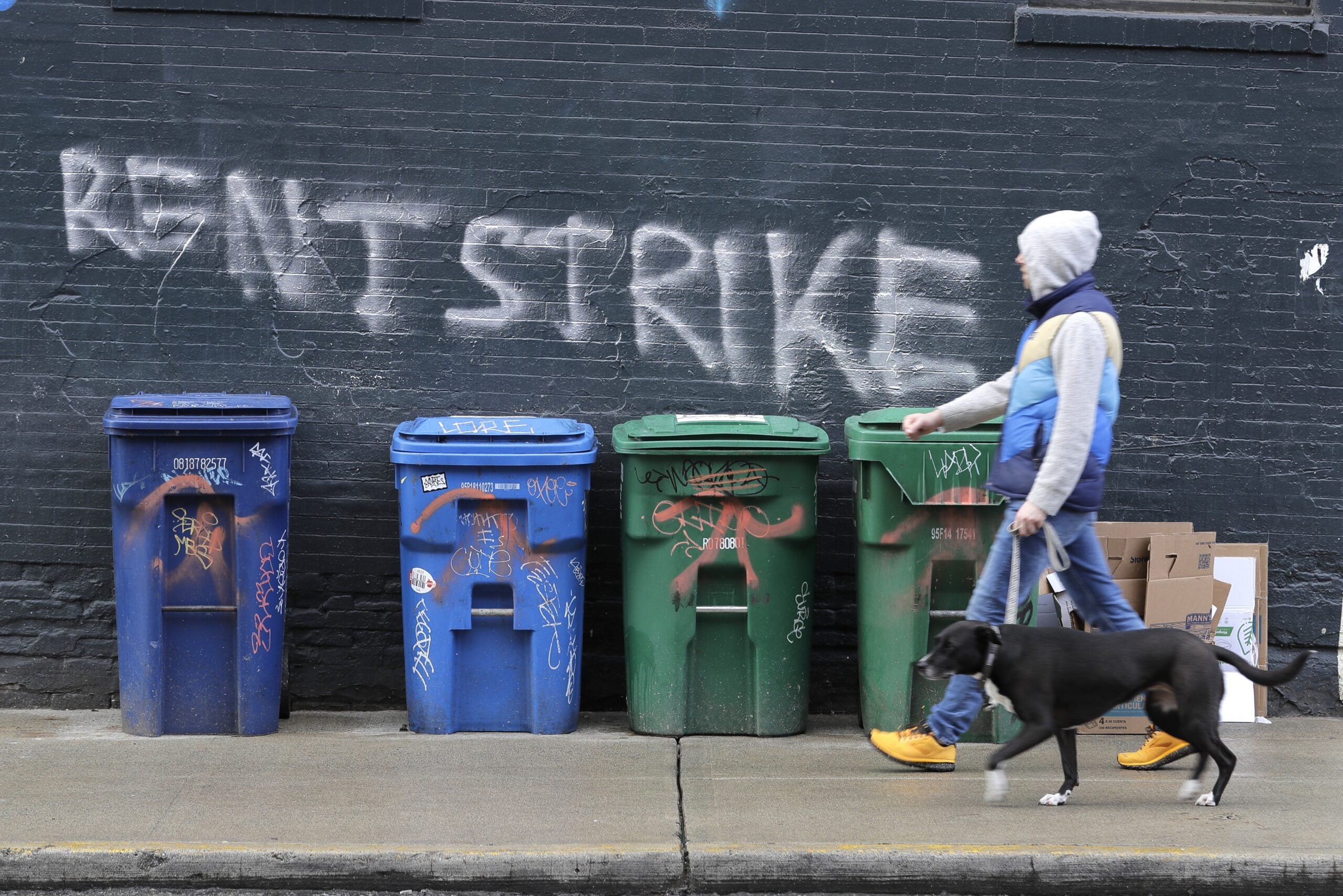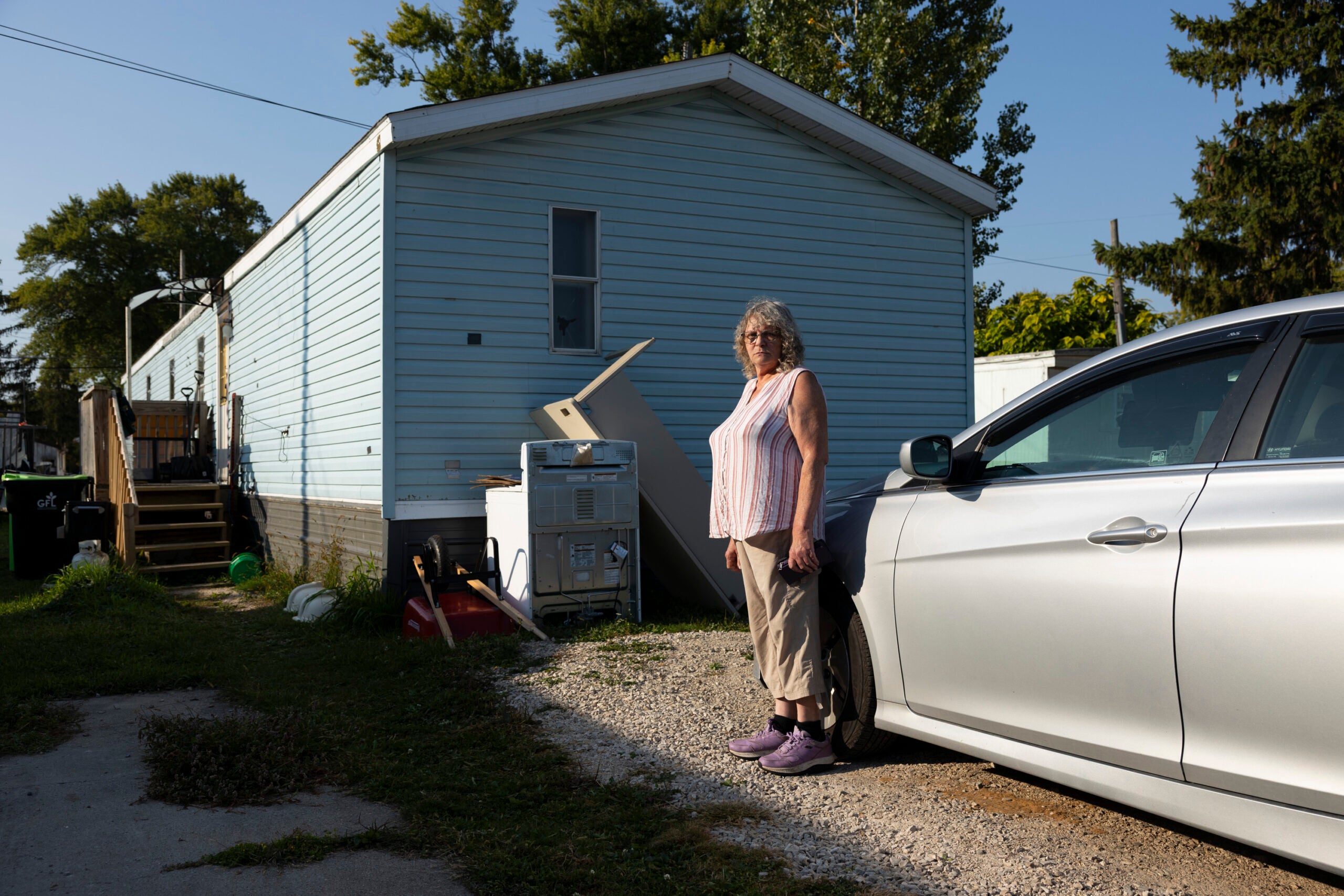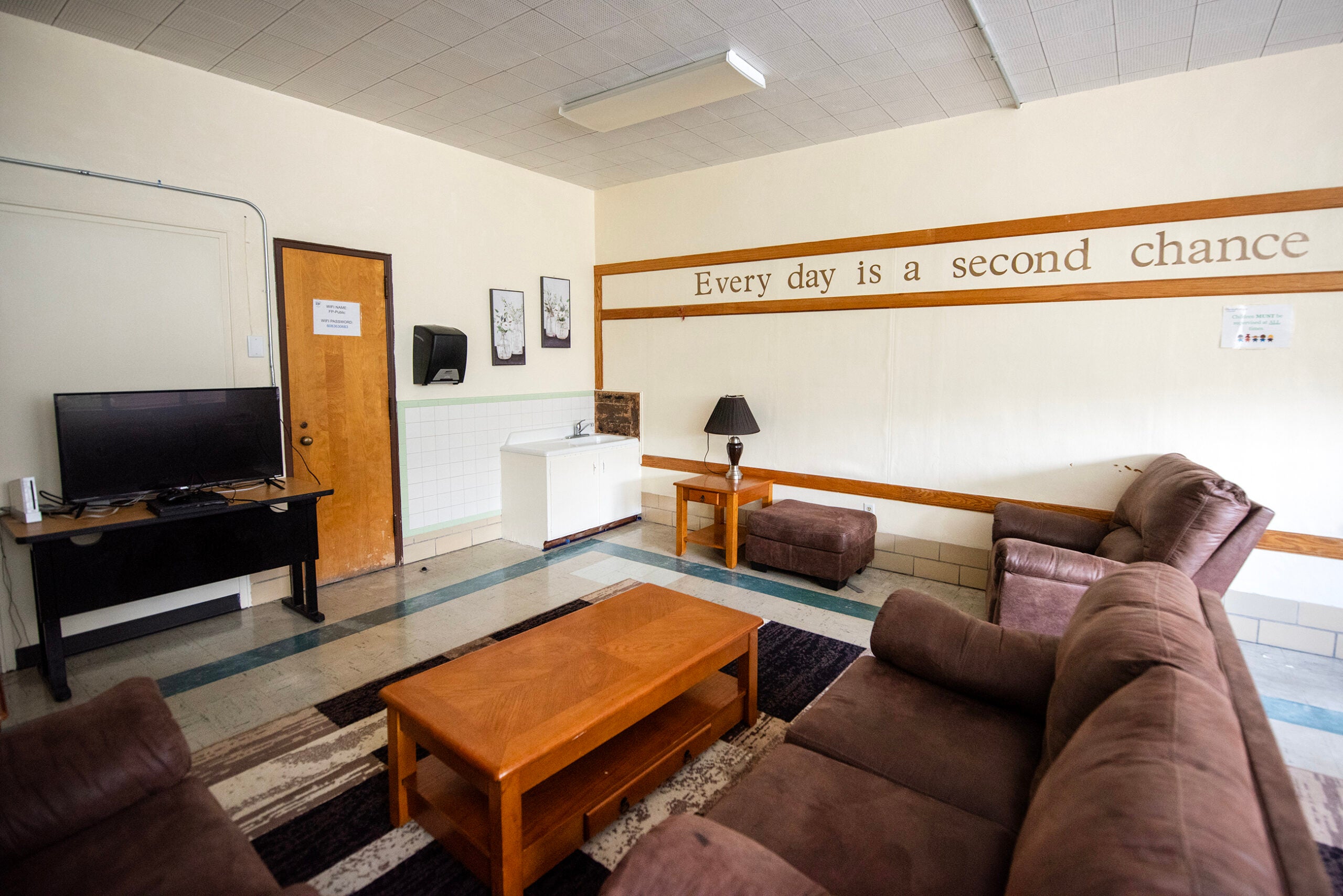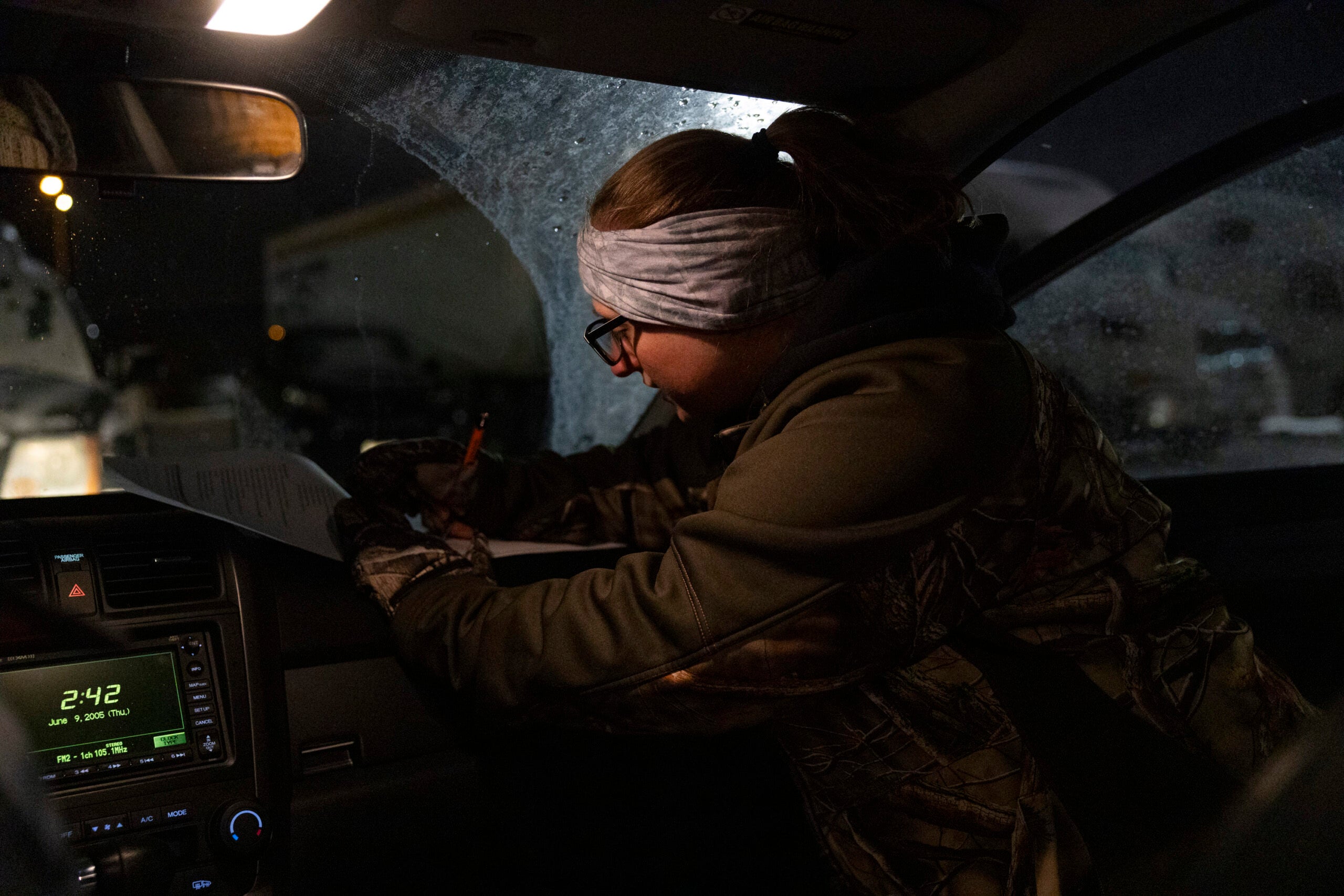An emergency order banning most evictions and home foreclosures in Wisconsin due to the COVID-19 pandemic has expired. Now, tenant rights groups and homeless shelters are bracing for a surge in demand for services.
On March 27, Gov. Tony Evers and Wisconsin Department of Health Services Secretary Andrea Palm issued an emergency order barring landlords from serving eviction notices for renters unable to pay for 60 days. The order also blocked banks and mortgage companies from filing foreclosure actions.
The order expired Tuesday leaving community action agencies and tenant advocacy groups wondering what comes next.
News with a little more humanity
WPR’s “Wisconsin Today” newsletter keeps you connected to the state you love without feeling overwhelmed. No paywall. No agenda. No corporate filter.
Raphael Ramos is an attorney with Legal Action Wisconsin who directs the group’s Eviction Defense Project. He said under normal circumstances, those facing poverty are often at risk for evictions. Now that the eviction moratorium has lifted, Ramos said there’s another pool of people that would have been evicted over the past 60 days if not for the order.
“So, what we expect to see is that sort of normal group of people who are always at risk because of poverty, you know, multiplied by whatever number because of the people who could not have been evicted during this ban,” said Ramos.
On top of that, Ramos said with the state’s unemployment rate at 14 percent there’s a new group of individuals that may never have faced eviction before suddenly finding themselves unable to pay their rent.
“So, you take those three factors together and what most experts agree, what people anticipate is a surge in eviction filings, eviction related actions, because of the economic stress that’s been created by COVID-19,” Ramos said.
When it comes to the state’s circuit court system, which handles eviction proceedings, Ramos said it’s anyone’s guess how it will be able to accommodate a surge while maintaining social distancing. He said in Milwaukee during a typical year, 14,000 evictions are filed in Milwaukee County alone, which amounts to 40 to 60 cases in an afternoon.
Ramos said one option is for the court to use video conferencing technology, which could disadvantage those living in poverty.
Krista Coey is the director of social services at the Salvation Army in La Crosse. She said they’ve seen requests for rental assistance skyrocket. And while they’ve worked to keep numbers stable within their homeless shelter, Coey said they saw an increase in demand, even during the eviction moratorium, because family or friends haven’t been as willing to let people without housing “couch surf” because of the new coronavirus.
Because of the spikes in demand they’ve already seen, Coey isn’t sure how much the lifting of the eviction moratorium will impact the Salvation Army. But she said money will be tighter because they haven’t been able to operate their thrift store locations, which fund their homeless prevention programs.
“Once we get back up and running, we don’t know if the funds will be there to help them,” said Coey. “And if we can’t help them, they’re going to be asking to check into shelter. And if our shelter can’t sustain as many people that are coming, we’re going to have a crisis on our hands of unsheltered individuals who have no place to go and nothing that we can do.”
On Wednesday, May 20, Evers launched a $25 million rental assistance program to help tenants who may have lost jobs due to COVID-19. The program uses funding from the federal coronavirus relief package and will be administered by the state Department of Administration.
Chris Mokler is the director of legislative affairs for the Wisconsin Apartment Association (WAA), and chair of the group’s COVID-19 taskforce. He said WAA along with tenants’ rights groups lobbied Evers for a rental assistance program in hopes of preventing a surge of evictions. In the meantime, Mokler said they’ve been pushing members to negotiate with renters that have lost jobs. He said that’s all the more important because of expected delays for landlords seeking court services after filing evictions.
“We’ve been an encouraging our members to find ways resolve it because even with the moratorium being ended, not all the courts are open right now,” said Mokler. “They’ll be opening soon, but they’re going to be opening under a whole different scenario. They may be on Zoom meetings. There’s going to be backlogs.”
Wisconsin Public Radio, © Copyright 2025, Board of Regents of the University of Wisconsin System and Wisconsin Educational Communications Board.







